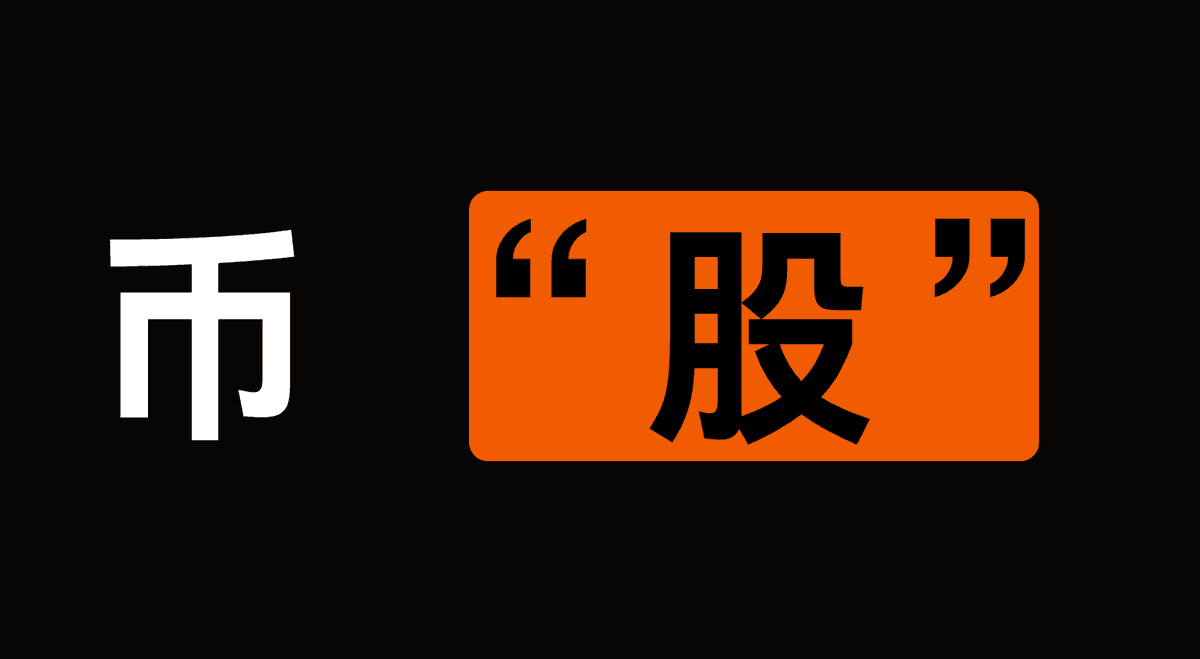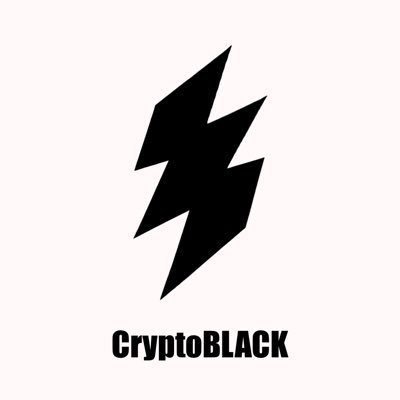Coin stocks? Poison? Bet? Withered?
RWA is not an unfamiliar concept to everyone, so the biggest application of RWA is the stablecoin USDT (and USDC) in the first place, which is needless to say. Secondly, the most promising ones include bonds, stocks, real estate, etc. At the moment, it seems that stock tokens are already ahead of the curve
👉 What is Stock Tokenization?
To put it simply, it is to turn the shares (or S&P 500 index) of companies such as Apple and Tesla into digital tokens on the blockchain. Typically, each token is backed by a 1:1 corresponding real stock backed by a regulated institution.
👉 How does it work?
Physically backed (e.g. Backed Finance's xStocks): The tokens you buy directly correspond to real stocks, and can also be used to borrow money or earn interest in DeFi (decentralized finance).
Derivatives (e.g. Robinhood): The token price follows the stock, but does not represent real equity (no voting rights, there may be dividends). More like a financial contract that tracks the price of a stock.
👉 Benefits for the average person:
24/7 Trading: Break the traditional stock market opening time limit.
Lower cost: low or zero fees.
Lower barrier to entry: It is easier to invest in overseas markets (especially U.S. stocks).
👉 How do key players play?
1. Backed Finance (Switzerland):
What to do: Focus on making real assets (stocks, ETFs) into on-chain tokens (xStocks series).
Features: ERC-20 token, supports multi-chain (Ethereum, Solana), and can be connected to DeFi.
Is it reliable? Real shares are backed 1:1 and held in escrow by a third party, with publicly verifiable reserves using Chainlink technology.
Where to buy? DEXs on Kraken, Bybit, Solana (e.g. Jupiter, Raydium) Representative products: SPYx (S&P 500), COINx (Coinbase), TSLAx (Tesla).
2. Robinhood:
What to do: Push stock tokens (200+ US stocks/ETFs) in Europe.
Features: 24/5 trading (near round-the-clock), zero commissions, only 0.1% forex fees. But note: it is a derivative and has no voting rights.
Controversy: OpenAI and SpaceX tokens were listed, but OpenAI immediately declared that it had nothing to do with it and was unauthorized, causing a storm.
Technology: First use the Arbitrum chain, and plan to build its own Layer 2 to support real 24/7 transactions.
3. China Market (Hong Kong First):
GF Securities launched "GF Token", which supports multi-currency subscription and redemption, based on HashKey Chain.
Guotai Junan International has been granted a virtual asset license and plans to expand its business.
Core: Chinese financial institutions are actively exploring RWA (real world asset tokenization) opportunities through Hong Kong.
👉 Opportunities and Risks for Retail Investors: To Seize or To Avoid?
Bright Opportunities:
Easier to trade (free time, easy cross-border crossing).
Lower cost (less processing fee).
Easy access to global markets (especially U.S. stocks).
Risks are eye-catching:
Unclear regulation: The SEC and other institutions in the United States are still studying how to manage it, and although Europe is open, its policies may change (such as the licensing issue highlighted by the OpenAI incident).
Asset security: In the unlikely event of a problem (bankruptcy, fraud) with the institution that holds the shares, the value of the token may "hit the streets".
Price decoupling: Derivatives tokens or licensing disputes (e.g., OpenAI) can cause the token price to deviate from the actual value of the stock.
Technology/Platform Risk: Blockchain vulnerabilities, trading platform runaways (think FTX) can all cause losses.
👉 What does the future hold?
Stock tokenization is just the beginning. In the future, more "real world assets" (RWAs) such as bonds and real estate may be put on the chain, creating a more efficient financial system. This will increase transparency and reduce costs, but it may also impact traditional brokerages and clearing houses.
The key is to look at two things
1. What is the regulation?
2. Does technology work?
Show original
19.24K
75
The content on this page is provided by third parties. Unless otherwise stated, OKX is not the author of the cited article(s) and does not claim any copyright in the materials. The content is provided for informational purposes only and does not represent the views of OKX. It is not intended to be an endorsement of any kind and should not be considered investment advice or a solicitation to buy or sell digital assets. To the extent generative AI is utilized to provide summaries or other information, such AI generated content may be inaccurate or inconsistent. Please read the linked article for more details and information. OKX is not responsible for content hosted on third party sites. Digital asset holdings, including stablecoins and NFTs, involve a high degree of risk and can fluctuate greatly. You should carefully consider whether trading or holding digital assets is suitable for you in light of your financial condition.

